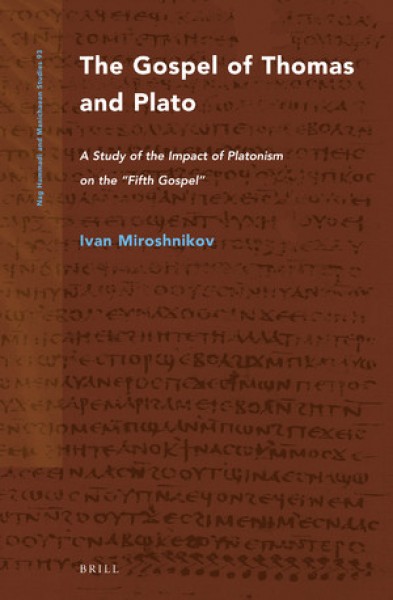|
In The Gospel of Thomas and Plato, Ivan Miroshnikov contributes to the study of the earliest Christian engagements with philosophy by offering the first systematic discussion of the impact of Platonism on the Gospel of Thomas, one of the most intriguing and cryptic works among the Nag Hammadi writings. Miroshnikov demonstrates that a Platonist lens is indispensable to the understanding of a number of the Thomasine sayings that have, for decades, remained elusive as exegetical cruces. The Gospel of Thomas is thus an important witness to the early stages of the process that eventually led to the Platonist formulation of certain Christian dogmata.
|


